Sarah's Story- Guest Post
Life seems to be busy on a whole new level recently. Unfortunately Pregnancy Sickness Support got turned down for it's bid to the National Lottery and so I've been working hard to streamline the organisation's resources and looking to the future as well as getting the e-book version of Hyperemesis Gravidarum - The Definitive Guide ready for release. And obviously then there is family, work and all that... So frankly I'm really glad I invited a number of guest posts a few weeks back!
Continuing with my theme of giving other survivors a voice to tell their stories via my platform I've got the story of Sarah's battle with hyperemesis gravidarum for you this week. Sarah has her own blog, excellently titled "No More Ginger Biscuits" so check it out...
Sarah's Story

However, when we set out imagining and planning our little family, nothing could have prepared me for a condition which would turn out to overshadow and rob from these years. It has hard to imagine the extent to which an illness I had never heard of – hyperemesis gravidarum – could shape my experience of pregnancy. I have never been panicky about health matters, or much of a worrier to that end, and I assumed that pregnancy would be pretty straight forward if we just went with the flow. I had read a lot of information about pregnancy, I knew a lot of women who had had babies, and pregnancy for the most part seemed pretty straight forward. So when I was sick the first time at 5 weeks with my first pregnancy I remember thinking ‘oh, this must be morning sickness’ and attempting to get on with my day. However, as the days progressed I started to realise it was not normal.
With my first pregnancy I was not diagnosed with hyperemesis until 24 weeks, prior to that it was a battle of me versus medical staff who just thought I was unable to cope with morning sickness. So I was uninformed, dehydrated and eventually offered medication reluctantly by a GP uttering the words ‘I wouldn’t take these if I were you, as they probably are not safe’, and left to my own devices. The sickness did not stop until I delivered at 42+ weeks, and I can assure you despite having had a terrible labour and an emergency C-section I have NEVER felt better than I did the day after I gave birth! I was bounding around that ward like it was Christmas come early!
Hyperemesis is extreme pregnancy sickness, and so something quite normal, a bit of nausea and vomiting in the early stages of pregnancy, becomes magnified exponentially. In my current pregnancy the vomiting is somewhat reduced by medication, but the nausea is totally relentless. There are nights in the dark when the nausea is so terrifying you actually wonder if you can make it until the morning.
In my experience, the ramifications of hyperemesis are also extreme; the price of a pregnancy is emotional, relational, financial, professional and practical. It can feel like the progress you have made in your life, parenting, career etc. are slowly unravelled in front of your eyes as you are stuck in a state debilitated by nausea and vomiting. I have a degree and a masters and a good job, and yet on the days I can crawl into work I am pretty much useless. The smell of the clinic room makes me sick, the sight of my computer screen, the sound of the phone, the pitch of the patients voices – all contribute to the nausea. Hyperemesis is a dark time. We are called hyperemesis survivors, and there is a reason for that. I talk more in my blog, No More Ginger Biscuits, about this, but in my first pregnancy alone I clocked up some 3018 hours of nausea. So now half way through my second the numbers are up again. It feels like I am allergic to being pregnant. My body literally can’t cope in the normal way with carrying a baby.
 But for me it is the isolation of hyperemesis that is the aspect for which I was least prepared. It is a hidden illness at times, raging in the mind and body, but with nothing obviously broken on the outside. It appears impossible for people to understand. Pregnancy is a time when we are bombarded with the image of women glowing and blossoming, bonding with their yet-to-be-born babies.
But for me it is the isolation of hyperemesis that is the aspect for which I was least prepared. It is a hidden illness at times, raging in the mind and body, but with nothing obviously broken on the outside. It appears impossible for people to understand. Pregnancy is a time when we are bombarded with the image of women glowing and blossoming, bonding with their yet-to-be-born babies.
However, for women, like myself, who have sickness day and night for the full duration of their pregnancies, I have found that people don’t really know what to say. The fact the symptoms are nausea and vomiting, symptoms which most people have experienced in life from time to time, actually makes it more isolating. People think they know what it is like. Most people have the odd sick bug, or have maybe thrown up after a dodgy take away. If they have nausea they probably lie down, and feel better in the morning.
Hyperemesis resets your daily baseline ‘norm’ to the feeling of being really sick and then adds to that further waves of more crippling nausea which attacks the very fibre of your being. Every minute I have been awake since July I have felt sick. It is the first thing I know when I wake up, the last thing on my mind when I go to sleep. It takes over your mind, and empties your emotions and body in a way that is hard to communicate. The nausea with hyperemesis is absolutely relentless. Every single event for the duration of the pregnancy - birthdays, anniversary, Christmas, child’s milestones, scans is overshadowed by nausea. There is no escape. I found the early days of parenthood a walk in the park in comparison, because there is a break. I could leave my baby with my husband and have a rest. I could get a babysitter and go out and be carefree. However, even the most supportive husband, which I am thankful to have, cannot take this away from me. Hyperemesis is a battle that is mine to fight, and mine alone.
I am grateful that there is an increase in awareness of hyperemesis. I appreciate that there are books being written and more articles in magazines about this illness. Thankfully, in my experience the doctors I have seen second time round have been far more caring, informed and helpful than the first time round. However, I think we need to remember that for women with hyperemesis the familiar decision to have a child, that natural part of many people’s lives, comes with a price tag that most women simply don’t have to pay.
Share with...
Dental Advice for Hyperemesis Gravidarum
Veteran hyperemesis women know only too well what a nightmare trying to brush your teeth while trying not to spew up is! The brushing action, the foam, the whole process is utterly vomiting inducing and is not only a dreaded event but avoiding it is a source of massive guilt! There can be no denying that hyperemesis gravidarum can take a massive toll on your oral health... from the acid vomit damaging the enamel multiple times a day, to the poor diet and the days, weeks or months of avoiding brushing. It's an issue I get asked all the time about and we cover it in the book Hyperemesis Gravidarum - The Definitive Guide![]() also.
also.
At the Pregnancy Sickness Support annual conference in October I was delighted to meet a highly experienced dental surgeon who is also a hyperemesis survivor! She's joining our team of volunteers, but in the meantime has written up some evidenced based information for those women out there suffering now and feeling utterly guilty and miserable about the seemingly impossible task of protecting your teeth... in addition to your health, your baby, your sanity, your family and all the other things hyperemesis takes a chunk out of!
Over to Dentist Gina Harrap:
We all know we should be brushing our teeth twice a day and limiting sugar snacks to keep our mouths healthy; but what do you do when you can't due to nausea and vomiting in pregnancy?
As a NHS dentist and veteran of a hyperemesis pregnancy this is a problem I've dealt with both professionally and personally.
So, what can you do?
When you can, brush your teeth twice a day with a fluoride toothpaste and floss once a day. Don't rinse after brushing, just spit excess toothpaste out.
Don't brush immediately after vomiting because the acid from your stomach softens the enamel on your teeth. If you then brush you wear this vital layer away. Instead rinse your mouth out with water or a fluoride mouth rinse. Supermarket own brands are great for this as they're generally milder in flavour and cheap so you can have a bottle at home, work, in the car and anywhere else you might need. Wait at least 20 minutes between vomiting and tooth brushing for your tooth enamel to re-harden.
As far as toothbrushes go use a medium hardness brush with a head roughly the size of a pound coin. Experiment if a normal or electric toothbrush is going to be easier for you to tolerate. A battery powered disposable brush may give less vibration than a rechargeable electric one making it easier for you to brush.
When you do manage to brush start by cleaning your back teeth first. This delays toothpaste coming into contact with the taste buds and potentially triggering vomiting.
Choose a sensitive toothpaste as they tend to have less flavour and no foaming agents (SLS) but still contain vital fluoride. Dentists frequently get sent free samples so do ask your dentist for some so you can see what is going to be easiest for you to tolerate.
If you are very prone to decay ask your dentist if the prescription toothpaste Duraphat 5000 and/or prescription mouth rinse might be appropriate for you. NHS dental prescriptions are also free during pregnancy and for 12 months after the birth of your baby.
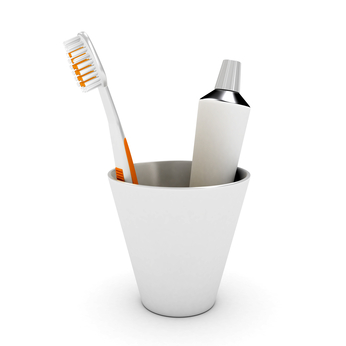 If you can't tolerate any toothpaste try brushing without any, this will still remove plaque effectively. If you can't manage that you could use a flannel to gently rub your teeth to remove plaque. You could follow either of these by rubbing a thin smear of toothpaste over your teeth with your finger.
If you can't tolerate any toothpaste try brushing without any, this will still remove plaque effectively. If you can't manage that you could use a flannel to gently rub your teeth to remove plaque. You could follow either of these by rubbing a thin smear of toothpaste over your teeth with your finger.
Frequent sugary or carbohydrate based snacks can lead to tooth decay but tend to be necessary whilst suffering from HG. If you can, chew sugar free gum containing xylitol after each snack. Xylitol has been shown to stop plaque forming on your teeth. Also if you're struggling to brush it can be helpful to use instead. If you're having frequent sugary or fizzy drinks use a straw so the acid and sugar bypasses your teeth.
Research has shown that there's possibly a link between gum disease (periodontal disease) and premature birth. If you have periodontal disease and are struggling to keep your usual oral hygiene routine talk to your dentist for a personalised management plan.
Make sure you take advantage of the free NHS treatment all women are entitled to whilst pregnant and for 12 months following the birth of their child to get your oral health back on track.
About the author
Gina qualified as a dentist from the University of Leeds in 2004. She subsequently undertook further training posts in Acute Dental Care at Leeds Dental Institute, and Oral and Maxillofacial Surgery at Pinderfields Hospital, Wakefield. She was awarded membership of the Faculty of Dental Surgery of the Royal College of Surgeons, England in 2008. She currently works in a large family mixed NHS and private practice in West Yorkshire. She is a registered volunteer with Pregnancy Sickness Support. She has one daughter and in her spare time is a member of a vintage style synchronized swimming group, The Bramley Mermaids.
Share with...
Comments
Tracy's Story - Guest Post
I'm in Telford tonight having set up the Pregnancy Sickness Support stand ready for the next two intense days at the Royal College of Midwives Annual Conference. I'll be speaking to hundreds of midwives and student midwives as they shuffle past our few feet of expensive floor space, which will make it worth every penny of the charity's hard raised money. I'll also have copies of Hyperemesis Gravidarum - The Definitive Guide available there and had amazing feedback today from a women whose GP was reluctant to prescribe until she showed him the book... she's now getting excellent care! AMAZING! So in advance of tomorrow I want to share this guest post by Tracy Morgan, because it demonstrates clearly why midwives knowing about this condition is so vital and why I'll be working my socks off for the next two days to raise as much awareness with this key group of professionals as I possibly can.
Hyperemesis Gravidarum - My Story, by Tracy Morgan
The first time I ever heard the term Hyperemesis Gravidarum, my first son was a few months old. When I think back now, it is hard to imagine how I got through those long, torturous months with absolutely no idea of what was wrong with me. I have always been a Google queen – any symptoms and I am there at my computer seeking, and inevitably finding, the worst case scenario. So, only ten short years ago, how come there wasn’t any information to find? I actually don’t ever recall googling my symptoms. And really, why would I? The medical professions I dealt with never gave me any reason to think how I was feeling was anything more than morning sickness, and neither did anyone else. So it stands to reason that I would be left completely in the dark to the true nature of how bad I was feeling.
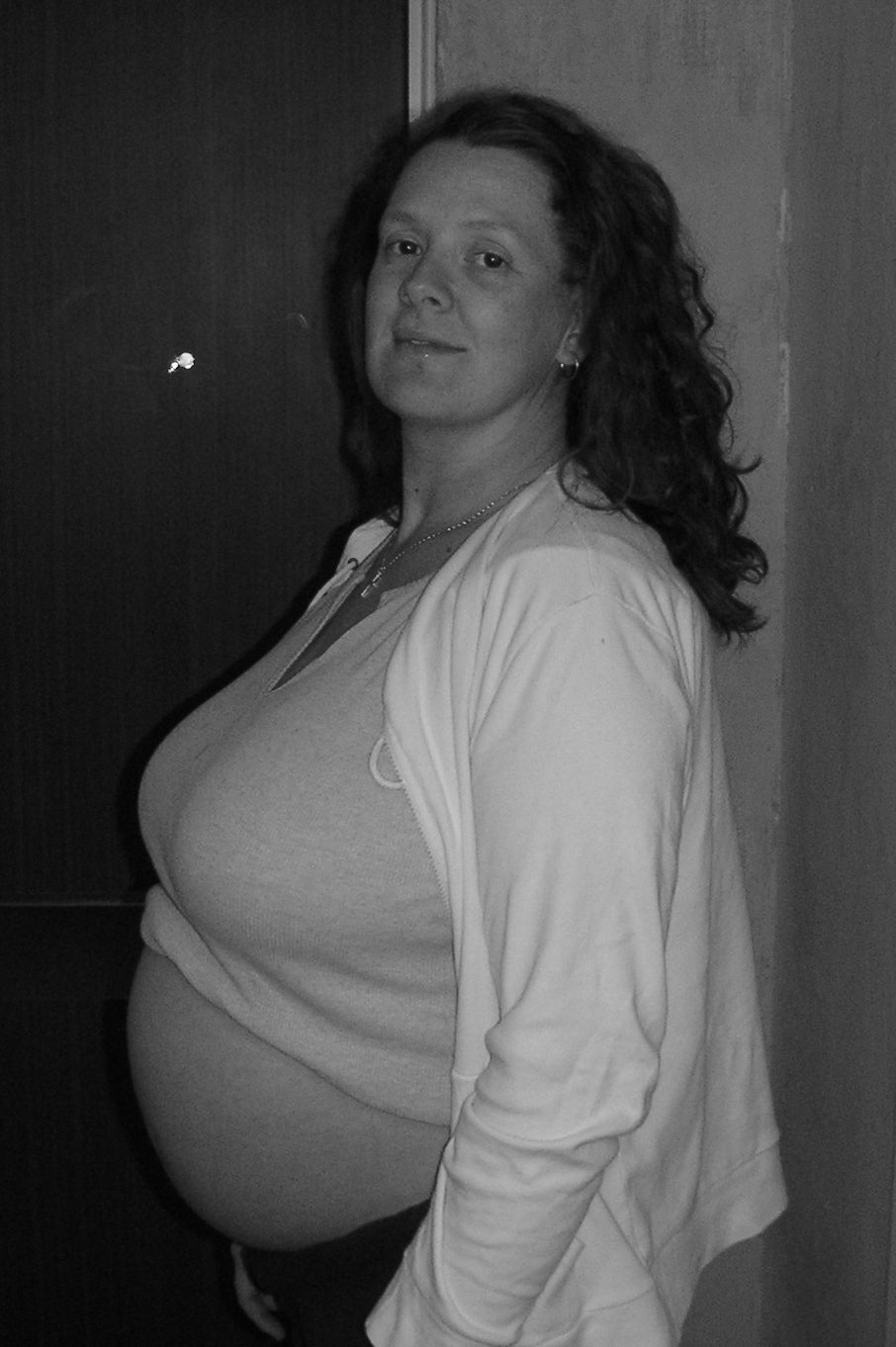
My first pregnancy was horrific. It robbed me of a time that should have been cherished, magical and incredibly special. Instead, it was miserable and downright unbearable. I started to feel sick at about five weeks pregnant, and by seven weeks, HG was in full throes. I couldn’t keep anything down, not even water, and the weight dropped off me. I rarely got out of bed, stopped showering, and at one point, I didn’t wash my hair for weeks on end - I just didn’t have the energy, and the smell of the shampoo was totally over-powering.
Surprisingly, other than those mentioned, I remember very few specifics about my first pregnancy. I just seems a blur. Considering my aversion to food – the look, smell and taste - I thought about it a lot. I remember getting terrible cravings for McDonald’s fries with tons of salt, and I would lie in bed just fantasising about them. I knew I wouldn’t have been able to eat them; in fact, I didn’t even really want to try to eat them, but the image of them replayed in my mind like a quirky home movie. I also slept a great deal. Although HG is exhausting, I used sleep as a way to escape; ten minutes unconscious was ten minutes nearer to the end of my pregnancy.
At my first midwife’s appointment at 10 weeks, I tried to explain how ill I felt, that I couldn’t keep anything down, not even water. Her response was unsympathetic, and she suggested I try to drink water with a teaspoon, instead. Wow! A teaspoon! Who would have thought? So simple. So utterly stupid. The water wouldn’t have stayed down even if I’d used a garden hose. This total lack of empathy or concern set a pattern for things to come - at no point during my pregnancy did any medical professional ever voice concern over my weight-loss; this is despite the fact that my chart showed a drop in weight at every appointment, and me weighing less in the delivery room (carry a 9lb baby), than I had right before getting pregnant. Nothing was ever mentioned about the sickness being anything other than a normal, expected side-effect of pregnancy.
As well as the terrible physical punishment my body sustained, HG also had a serious detrimental effect on my mental well-being. If this was normal, something many women went through without any problem, then I must be an over-dramatic, self-absorbed, bitter woman purposely trying to spoil what should have been the most beautiful time in my life. Yet, I knew this wasn’t true. Why would I want this special time to be ruined? The battle between knowing how ill I truly felt, and other people’s obvious opinions that I had no more than simple morning sickness, caused me to feel totally ostracised, misunderstood, isolated and incredibly lonely. My mum experienced what sounds like HG (of course undiagnosed), and although fairly sympathetic, she was thousands of miles away. My partner really tried his hardest to understand, and even though I am sure there were times when he thought I was over-reacting, or a pain in the bum; he never showed it. It was an incredibly stressful time for him, too – he worked long days, right through until the early hours of the morning, did all the housework, as well as taking care of a miserable and sick woman, all without moaning. I was lucky to have him; simply couldn’t have done it without him.
So, the realisation months after giving birth, that I’d had way more than just normal pregnancy symptoms, understandably brought about a multitude of overwhelming sensations. At first, I felt relief and vindication. This was proof that I hadn’t imagined it, or exaggerated how terrible I’d felt. Knowing that it was a medical condition, and not my fault, was like a weight off my shoulders. Then, came a deep, crushing sadness. A sense of why me? I felt robbed of my chance to blossom, to float around proud and happy, cherishing every precious second of my pregnancy. Lastly, and probably the strongest of the emotions, was anger. A huge sense of being let down, not only by the medical professionals supposedly there to support me, but the people around me. I wanted to scream in the face of every disbeliever: I TOLD YOU SO!
After my first son, I swore blind I would never get pregnant again, but two years later I found myself on the HG merry-go-round once more. This time, I was forewarned and forearmed. I was determined that I wouldn’t allow anybody to try to tell me this was just part and parcel of pregnancy; I was on the war-path! I went to my first midwife’s appointment at eight weeks pumped up, and ready to do battle. Thankfully, there was no need - I told her about my first pregnancy, and she immediately said hyperemesis gravidarum. Oh, the absolute relief! That sensation of being believed and understood is as powerful now, as it was then - it makes my eyes well up at the thought. With my midwife’s support, and medication, my second pregnancy was easier. It didn’t make HG go away, but knowing I had someone in my corner, fighting on my behalf, allowed me the strength to stand up to people who still failed to show me a shred of understanding. Because, the sad fact is, that even though the midwife prescribed me medication, even though HG was now in my medical notes, people around me still remained sceptical. I guess it is much easier to believe that a woman would willingly make herself so miserable, than to accept that she was actually telling the truth.
Having HG with a two year old in the house is indescribable. It actually helped in a bizarre kind of way, in that I had to get up to look after him; I couldn’t not feed him. But, trying to take care of a chattering small toddler when your head is pounding, and your stomach is so queasy, is hard. I would lie down close to him whenever I could. I would put his favourite DVD on and pray that he would watch it longer than five minutes (which was the best I could hope for with my energetic, easily-bored child). It became our little game - let’s see where we can lie down and have a cuddle. I was just as isolated this time around, in fact, perhaps more so. At least I’d only had myself to look after the first time, with my second pregnancy, I also had a two-year old. Nobody offered to look after him - I guess people either didn’t care, or didn’t think to offer.
Although medication stopped vomiting at around 10 weeks during my second pregnancy, I never stopped feeling sick. I couldn’t bear to smell food cooking, and I was constantly swallowing wads of gross mucous, which just increased the feeling of nausea. Every waking minute, I longed for the excruciatingly endless day to be over; the thought “I can’t take any more” reverberated around my mind constantly and unwaveringly.
HG is hard to describe to someone who has no idea what it is like. Saying you feel sick is like saying your arm hurts a little when, in reality, it has been ripped off at the elbow. It is so hard to explain how it makes you feel – it just affects every single part of your body and being, physically and mentally. The closest I could come up with, was to say it was like the worst hangover you could imagine, only rather than being cured by a lie-in and a quick fry up; it’s 24/7, and lasts for 40 incredibly LONG weeks.
The legacy of HG lives with me to this day, and probably always will. I still feel incredibly defensive and unfairly treated. I also believe that I suffered some kind of PTSD. How could you not go through being so poorly, and for so long, without support, and not suffer trauma? For the most part, I tuck it firmly in the back of my mind, but as of late; it is increasingly brought to the surface by media coverage, largely due to the Duchess of Cambridge’s pregnancy. I have sat with my hands scrunched together, experiencing almost physical pain, listening to ignorant people bemoan the fact that “they just had to get on with pregnancy, and it must be nice to be a royal”. The problem with HG is that it is similar (I am loathe to say similar, but can’t find another way to describe it) to morning sickness, which is of course a normal symptom of early pregnancy, and therefore, one that many can relate to. Because they can relate on that level, they automatically assume that HG is the same as the touch of morning sickness they had, which perpetuates misunderstanding, and leads to a lack of support and care.
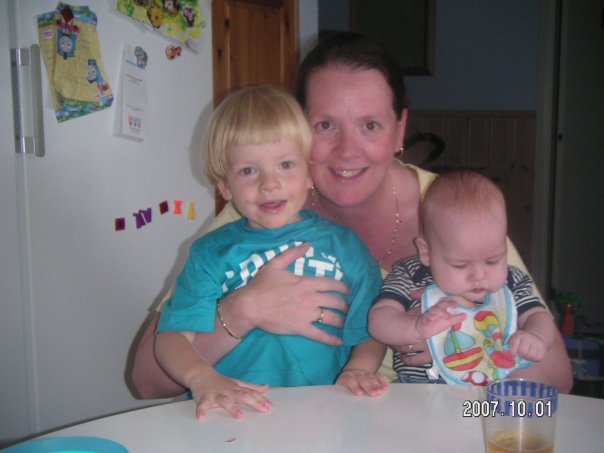
Another thing that cropped up when I tried to explain about HG, was other women proudly exclaiming that they didn’t care how ill or uncomfortable they were during their pregnancy, that they only thing that mattered was that they had a healthy baby, and how grateful they were for that. None of these women had HG, I hasten to add. This feeling that HG sufferers are moaning, ungrateful women, who should shut up and thank their lucky stars, is ridiculous. It doesn’t work like that. Never did I ever forget how lucky I was to be pregnant (I suffered a miscarriage before my first son) and this feeling that we need to button our lip and get on with it, because otherwise we seem ungrateful, needs to change.
The sad fact is that, even now, there will be people reading this, rolling their eyes and sighing with frustration. They probably think I am exaggerating, that it couldn’t possibly have been that bad. Perhaps they feel that ten years on, I need to get over it. But that’s the thing - I doubt I ever will. I won’t ever forget it, and just can’t stop trying to justify how HG made me (and others) feel. Women with HG, and survivors of the condition, just want recognition, and empathy. That’s all.
Today I wear my HG badge with honour. I stand tall, proud of not only living through the nightmare that is HG, but surviving to tell the tale. Not everyone is as lucky as me, and I know that compared to some women, my HG was a walk in the park. I came out the other end with two amazing boys, who make all the heart-ache, pain, misery and sadness so very worth it.
Share with...
Comments
This made me cry! I had HG with all three of my children. The eldest is now 15. I have never forgotten how up awful it was. The positives I take is that I am a much kinder, compassionate person and hospitals and drips and doctors hold no fear for me now. Thank you for sharing your story.
Melissa Clark, 10th November 2014
Beautifully written piece summing up this horrendous condition. Suffered with HG during both my pregnancies, I become an emotional wreck every time a stomach bug lurks around as have become absolutely terrified of being sick. Whilst I experienced mainly positive and supportive health care professionals there were a few who were sceptical and reluctant to accept the severity of the condition and assumed that just because I wasn't being sick every waking moment I must have been fine, not realising that vomiting is not the only symptom. Crippling headaches from lack of fluids, dizziness, exhaustion etc. Good luck to all that are fighting to see that sufferers of this horrific condition get the treatment and care that is needed and deserved.
Alexandra Fitzjohn, 10th November 2014
Dyslexia, hyperemesis and me...
It's Dyslexia Awareness Week this week and it got me thinking about my own journey with the condition, particularly in the wake of our incredibly successful book launch last month. I found some unlikely parallels with hyperemesis! What do dyslexia and hyperemesis have in common? Not a lot it may seem at first glance... one is a learning disability and the other is a pregnancy complication that causes severe and prolonged nausea and vomiting.
However both can be very misunderstood and stigmatised conditions. Both can rob you of your self esteem. Both can make you feel isolated from your peers. Both can cause long term suffering and misery if not properly helped and supported. And both can contribute to who you are and your personality, in a really positive way... if you let them. Both can make you stronger.
I was about 10 years old when I was diagnosed with dyslexia after a number of years of being told I was lazy and troublemaking. It was in the early 1990's and although many state schools at that point had good recognition and support for dyslexia, at the incredibly old fashioned private girls convent school I was subjected to, the condition was pretty much denied. Having had all of my self confidence systematically stripped from me between the ages of 5 and 9 by the nasty witches called “teachers” and the even nastier playground bullies, by the time I was diagnosed I was a nervous, slightly depressed child with zero self esteem and very few friends. So when I was subjected to the humiliation of having to walk across the silent classroom to follow the lady who had announce “Caitlin, it's time for your remedial class”, I didn't have a lot else to lose.
 Luckily the remedial teacher was very nice and, despite having to teach me in what was basically a broom cupboard, she taught me valuable skills in learning techniques for spelling tricky words, which I still use to this day. My reading and writing improved too, although it would be many many years before I had as much as an ounce of self confidence. My year 6 teacher was also very nice, the only nice one I had during my junior school years.
Luckily the remedial teacher was very nice and, despite having to teach me in what was basically a broom cupboard, she taught me valuable skills in learning techniques for spelling tricky words, which I still use to this day. My reading and writing improved too, although it would be many many years before I had as much as an ounce of self confidence. My year 6 teacher was also very nice, the only nice one I had during my junior school years.
But you know what? Now, some 25 years on I wouldn't switch that part of my life, despite that fact that I pretty much hated every moment of my schooling and put in huge effort to avoid going to school as much as possible... feigning illness, willing my leg to break, coming up with inventive new lies to get out of it. So why wouldn't I change it now? because it's part of my story and it's significantly contributed to who I am now... And I like who I am now!
If childhood is preparation for what lays ahead in adulthood then boy did dyslexia help to prepare me. Hyperemesis wasn't the first misunderstood condition I had suffered, it wasn't the first thing people didn't believe me on or think there were quick easy fixes for. I'd battled dyslexia and I'd won. Knowing I had not let dyslexia hold me back meant that I was more able to turn my journey with hyperemesis on it's head too and not let it hold me back.
My spelling is pretty poor still but I have spell check and people to proof read for me but I can read and I can write... and I can do it well. People read what I write and now people even pay to read what I write. It wasn't always like that, in my early teens my reading and writing age were that of a 7 year old and even during my university years my spelling was a major problem for me.
So what does dyslexia mean to me... it's was an obstacle that I didn't just overcome... I smashed it to pieces (admittedly I still have to step around the pieces now and then as editors come back with a hefty list of edits and typos). It represents a part of me which made me strong and determined and self reliant. And they set me in good stead to overcome hyperemesis, not just survive it but once out the other side I've used it to thrive. There is not much more satisfying and rewarding in life than making something positive out of something that initially seems negative.
Both Dyslexia and Hyperemesis are parts of my definition, they are badges I wear proudly. The cumulation of my determination to overcome both of these conditions was the publishing of the book Hyperemesis Gravidarum – The Definitive Guide (that's me, on the left, working on it late at night in a little cabin in the middle of know where by torchlight while the kids and husband slept around me). And boy am I proud of that achievement... even more so because not only am I now an author, I am a dyslexic author, and frankly... That's cool!!!
For more information about Dyslexia Awareness Week and for resources have a look at the British Dyslexia Association website.
Share with...
Comments
It is so difficult for me to even begin to imagine how hard dyslexia makes things (language has always been my strongest skill) but my sister had undiagnosed dyslexia until she reached university (she developed her own coping strategies) and seeing how much harder she had to work, and sitting with her for hours on end editing her Masters dissertation for spelling, grammar and fluency issues that would mean she got the mark she deserved rather than losing marks because something was unclear, made me far more aware of how much effort and determination goes into overcoming dyslexia.
Knowing that you write so prolifically now despite having to work so much harder to get past an added challenge, makes me do proud of all you have achieved so far!!
I will always happily proofread for you :)
Amanda, 3rd November 2014
Blog archive
2017February 2017 (1)January 2017 (5)2016November 2016 (1)October 2016 (1)September 2016 (4)August 2016 (1)July 2016 (1)June 2016 (3)April 2016 (2)February 2016 (2)January 2016 (1)2015December 2015 (2)November 2015 (1)October 2015 (1)September 2015 (1)August 2015 (1)July 2015 (3)June 2015 (5)May 2015 (3)April 2015 (3)March 2015 (3)February 2015 (5)January 2015 (3)2014December 2014 (1)November 2014 (4)October 2014 (4)September 2014 (3)August 2014 (4)July 2014 (3)June 2014 (2)May 2014 (5)April 2014 (5)March 2014 (5)February 2014 (4)January 2014 (5)2013December 2013 (6)November 2013 (6)October 2013 (10)September 2013 (5)July 2013 (1)June 2013 (1)April 2013 (1)March 2013 (2)February 2013 (1)2012December 2012 (1)June 2012 (1)February 2012 (1)2011December 2011 (1)November 2011 (1)October 2011 (1)September 2011 (1)July 2011 (2)June 2011 (1)May 2011 (6)April 2011 (1)The Book

The Kids Book
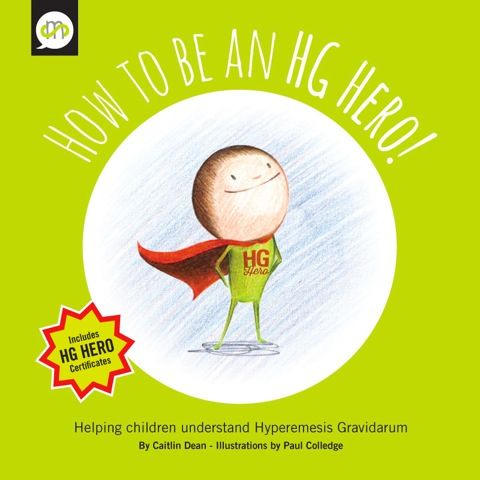
About Me
 I am mother of three beautiful children and wife to a fantastic and supportive husband. I am a nurse, a farmer and a trustee for Pregnancy Sickness Support. I love working hard and spending time with my kids.
I am mother of three beautiful children and wife to a fantastic and supportive husband. I am a nurse, a farmer and a trustee for Pregnancy Sickness Support. I love working hard and spending time with my kids.
About this blog
Information and support for pregnancy sickness and hyperemesis gravidarum. Views are my own and do not represent those of any other organisation. Information provided here should not be a substitute for medical advice. My aim is to raise awareness and encourage sufferers to know they are not alone.
Previous award nominations

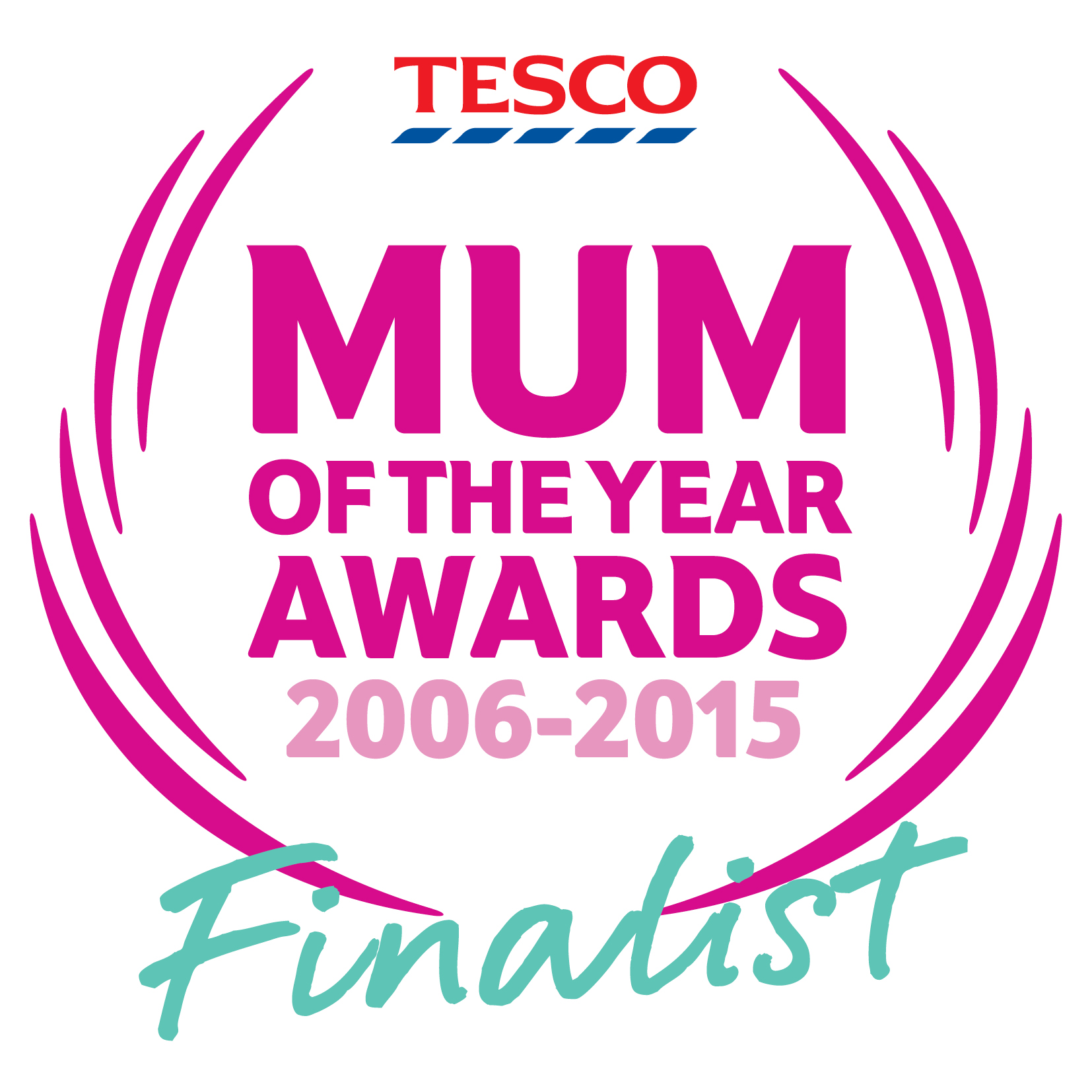

Archive
Explore past posts:
2017February 2017 (1)January 2017 (5)2016November 2016 (1)October 2016 (1)September 2016 (4)August 2016 (1)July 2016 (1)June 2016 (3)April 2016 (2)February 2016 (2)January 2016 (1)2015December 2015 (2)November 2015 (1)October 2015 (1)September 2015 (1)August 2015 (1)July 2015 (3)June 2015 (5)May 2015 (3)April 2015 (3)March 2015 (3)February 2015 (5)January 2015 (3)2014December 2014 (1)November 2014 (4)October 2014 (4)September 2014 (3)August 2014 (4)July 2014 (3)June 2014 (2)May 2014 (5)April 2014 (5)March 2014 (5)February 2014 (4)January 2014 (5)2013December 2013 (6)November 2013 (6)October 2013 (10)September 2013 (5)July 2013 (1)June 2013 (1)April 2013 (1)March 2013 (2)February 2013 (1)2012December 2012 (1)June 2012 (1)February 2012 (1)2011December 2011 (1)November 2011 (1)October 2011 (1)September 2011 (1)July 2011 (2)June 2011 (1)May 2011 (6)April 2011 (1)Online recommendations
- Best Non Gamstop Casinos 2025
- UK Casinos Not On Gamstop
- Casinos Not On Gamstop
- UK Casinos Not On Gamstop
- Non Gamstop Casino
- Best Betting Apps
- Best Non Gamstop Casinos
- Gambling Sites Not On Gamstop
- Non Gamstop Casino Sites UK
- Slot Sites Not On Gamstop
- Casino Not On Gamstop
- Best Non Gamstop Casinos
- Best Casino Sites Not On Gamstop 2025
- Non Gamstop Casinos
- Casino Sites UK Not On Gamstop
- Non Gamstop Casino UK
- Non Gamstop Casino UK
- Non Gamstop Casinos
- Slots Not On Gamstop
- Slots Not On Gamstop
- UK Casino Sites Not On Gamstop
- UK Casinos Not On Gamstop

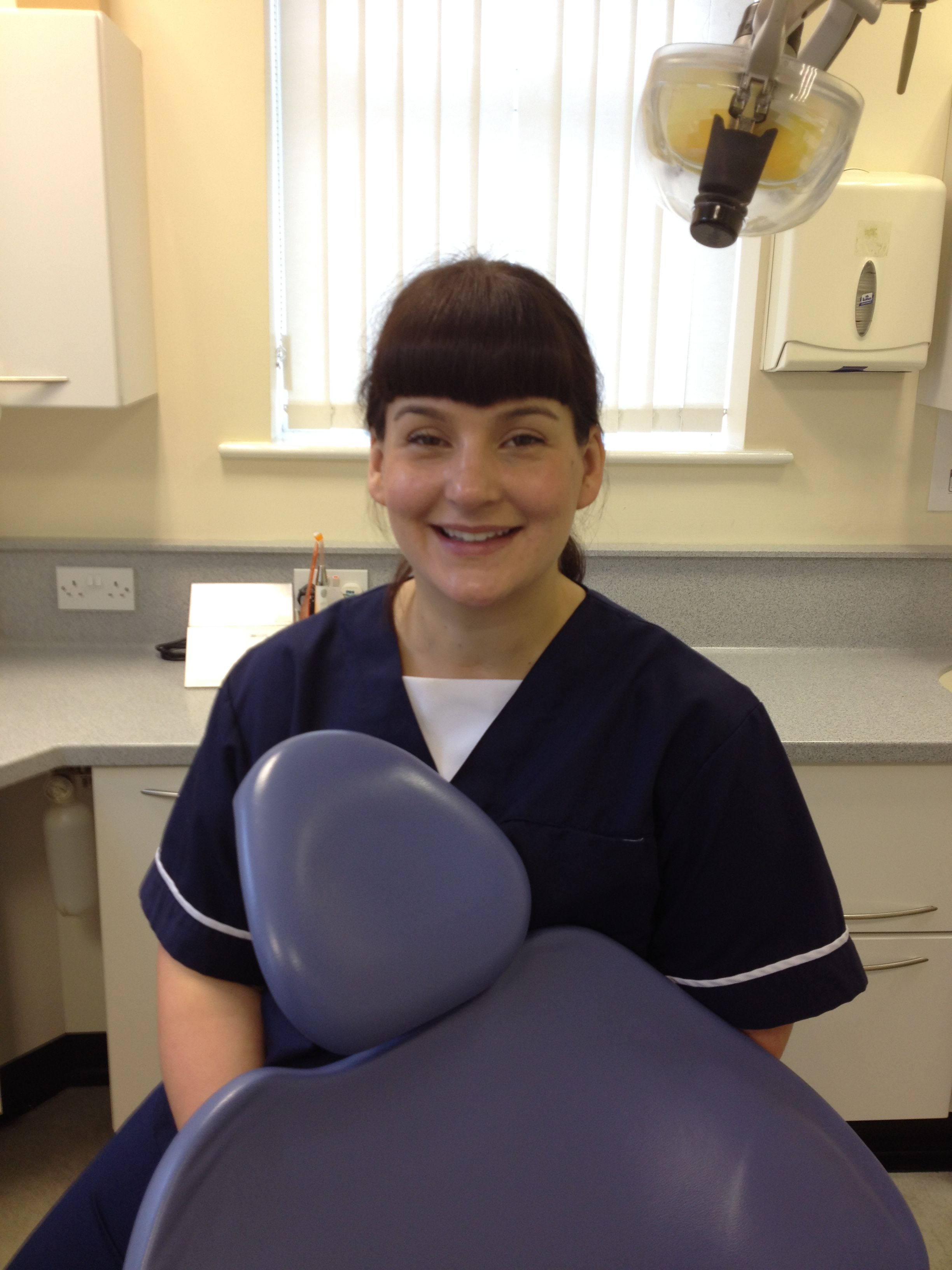

Comments